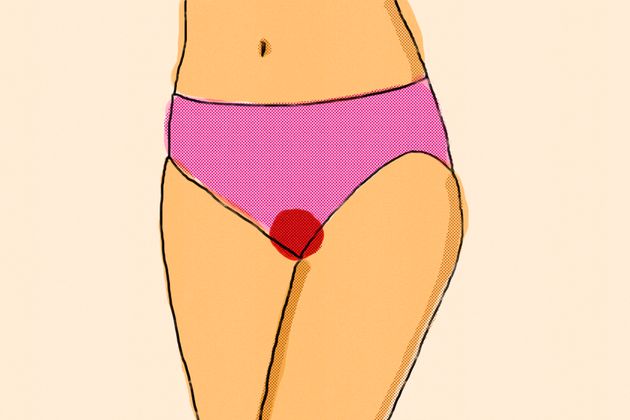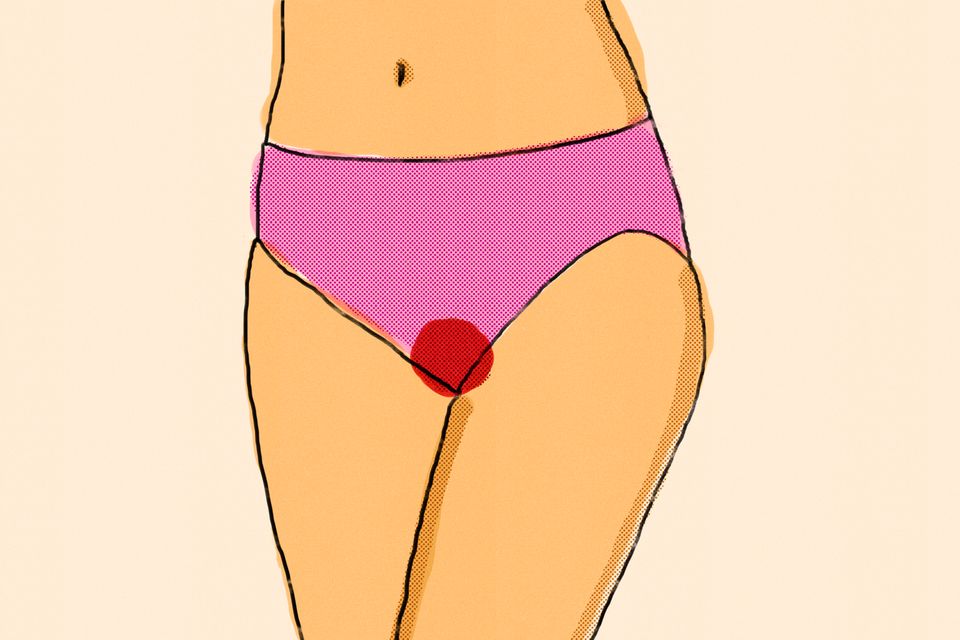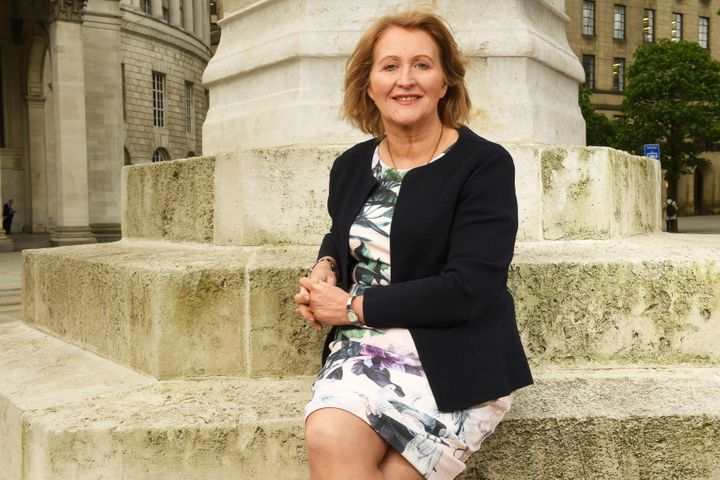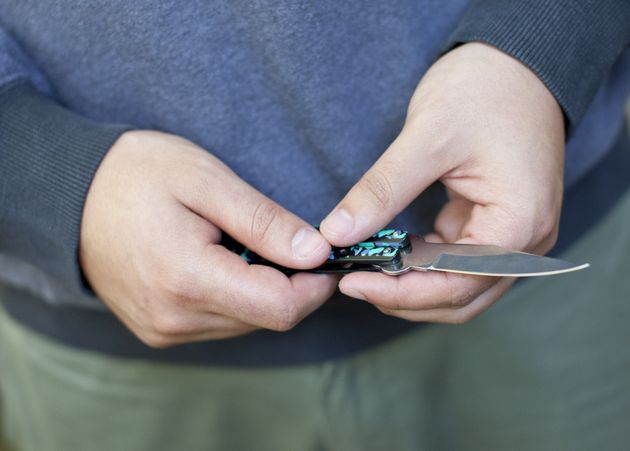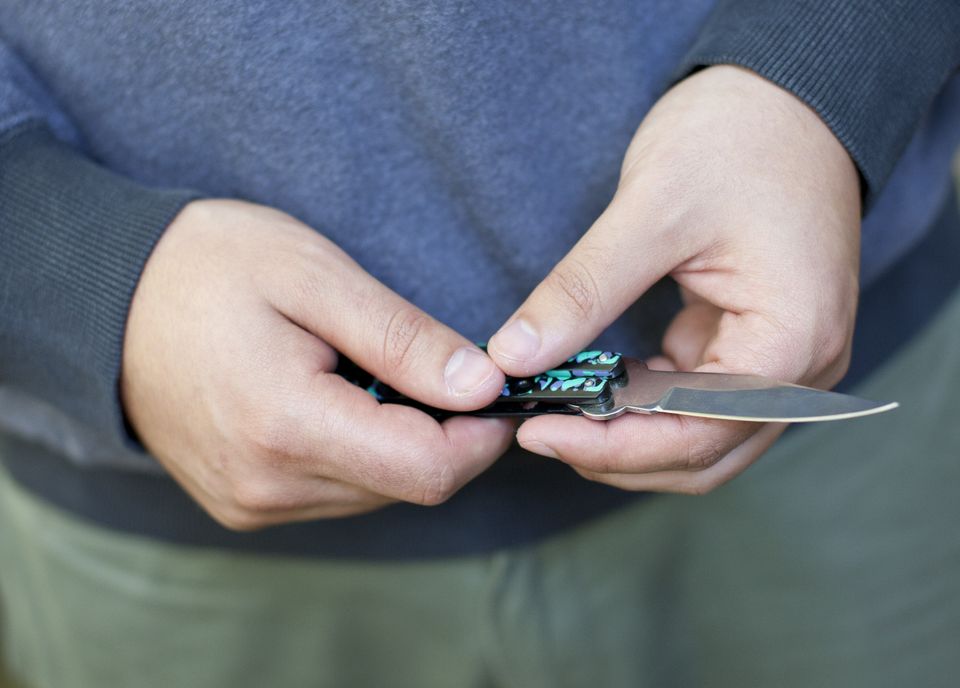If you have a child who’s going to menstruate, it’s possible that they’ve started thinking about it before you have. Whether they’re excited to experience this rite of passage or anxious about the possibility of embarrassing leaks, tweens and teens today have more resources and options available to them than we did at their age.
One potentially helpful innovation is period underwear.
“Period underwear has been a great revolution, especially for young people,” Dr. Meredith Wise, an Ob/Gyn at the University of North Carolina, told HuffPost.
Advertisement
They’re discreet; they look like normal underwear, but have a highly-absorbent lining that holds liquid. They also generate less waste than pads and tampons, which appeals to young people who are concerned about the impact their choices have on the environment.
One of the first period underwear brands to come on the market was Thinx, which has a product line designed for teens. Of course, if you decide to go this route, your teen should wear whichever period underwear works best for them, regardless of how it’s marketed. Other brands include: Aisle, Cora, Proof, Rael, Saalt and The Period Company. Knix and Modibodi sell period swimwear in addition to period underwear.
Felicia Macdonald, VP of Strategic Communications and Public Affairs at Thinx, told HuffPost that their product is made with cotton and “can hold up to five tampons or two-and-a-half regular pads’ worth of flow.”
“They’re just as comfy as regular undies and can be worn alone or as back up with other period products for extra leak protection,” she continued.
Advertisement
If your child’s cycles are regular (note that irregular cycles aren’t abnormal), they can wear the underwear in anticipation of their period starting, or as often as they like.
The main disadvantage of period underwear is that it isn’t cheap. Of course, neither is a year’s worth of disposable menstrual products — but you don’t have to pay for all of those up front, and, increasingly, schools and other institutions are making them available for free in restrooms.
Depending on how many pairs you need per day and how often you’re able to wash them, building up a stash of period underwear costs considerably more than a 6-pack of briefs from your local big box store. Prices range from $12-39 per pair.
If your kid needs to change pairs midday to manage their flow, then they’ll have to carry a used pair around with them to bring home.
Some young people may not be too keen on taking care of clothing with different washing and drying instructions than their other clothes. And some parents may end up with a little more work added to their laundry duties.
Advertisement
To get the longest life out of period underwear, you’ll need to follow the manufacturer’s care instructions. Thinx recommends washing their underwear on a cold, delicate machine cycle, or by hand, using mild detergent, then hanging or lying flat to dry. When cared for properly, Thinx says their underwear will last for 40 washes, or approximately two years of use.
Some users also rinse their underwear in the sink or shower before washing. Avoid fabric softeners, bleach and the dryer. It’s okay to wash your underwear with other clothing — the blood won’t stain the other items in the washer.
If you do choose to buy period underwear for your child, it’s not a bad idea to also teach them how to do laundry. Ellen Friedrichs, health educator in Brooklyn and the author of “Good Sexual Citizenship: How To Create A (Sexually) Safer World,” says that the pre-pubescent years are a great time for this, if you’re lucky enough to have a washing machine at home.
This helps “to give them body privacy, not to help you out as a grown-up, but to gain privacy around things like periods and wet dreams,” said Friedrichs.
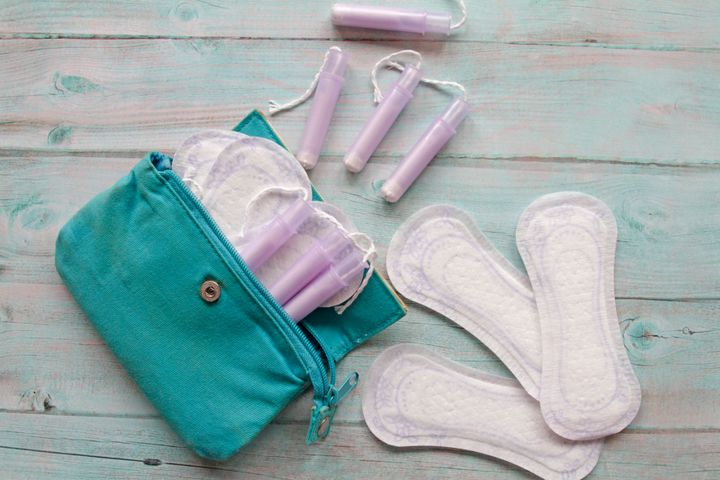
Isabel Pavia via Getty Images
Advertisement
Of course, there are also other options.
“Pads are traditionally the first go-to,” said Wise. “They’re easy to explain, they’re easy to get.” And they’re what the school nurse likely has on hand.
But some teens find pads uncomfortable. They may say it feels like wearing a diaper, or worry about others noticing the outline of the pad through their clothing.
“I like to reassure people that you normally can’t see a pad. But even if, psychologically, you think someone can see a pad through leggings,” said Friedrichs, period underwear “might give you that sense of comfort that nobody can see that this is happening.”
Tampons, cups and discs “can be useful for people with active lifestyles” and for swimming, said Wise. “But they do just take just a little bit more education and finesse.”
What else should your tween/teen know about menstruation?
Wise says that most people get their first period between the ages of 11 and 13, but it can also happen in the years before or after. A person usually has a first period two to three years after the first signs of breast development, “which can just seem like a little puffiness around the nipples,” said Friedrichs.
Advertisement
“It’s really hard to predict what a first period will look like,” Wise explained. Blood may be red or brown, flow light or heavy, and the person may or may not have other symptoms such as bloating or cramps.
“Sometimes people are nervous that it’s going to be like turning on a tap, and that you’re gonna have this rush of water, but it’s really, for most people, more like a drip,” Friedrichs said.
People can expect their periods to be irregular for the first year or two of menstruation. They may come 21-45 days apart, and may not be the same number of days apart each cycle.
“The hormones that the brain makes to tell the ovaries to make oestrogen and progesterone hasn’t found its rhythm yet,” said Wise. “Ovulation is not part of every cycle.”
While there is plenty of variety in what’s considered normal, Wise says there are several reasons to bring a tween or teen to the doctor:
Advertisement
- No periods by age 15, or 3 years after breast development
- Periods more than three months apart
- Bleeding longer than seven days per cycle
- Heavy bleeding that requires changing menstrual products every two hours
- Any symptoms that interfere with their lifestyle or their quality of life
“Nobody should feel like they can’t go to school,” said Friedrichs, whether due to heavy bleeding, pain, or other physical or emotional symptoms they’re having with their cycles.
“For pain with periods, a lot of it is considered normal — but that doesn’t necessarily mean that it’s something that we have to put up with,” said Wise.
A doctor can recommend different options for treating period pain and other symptoms, and adults should remember that even if they lived with significant menstrual discomfort, that doesn’t mean a child needs to. (While many teens fear going to the gynaecologist, thinking it means they will need a pelvic exam, Wise said she performs “surprisingly few” of these exams on patients under 21.)
As for leaks and stains, Wise said “the most important thing is to anticipate it and to know that at some point it happens to everyone.”
Advertisement
“It’s a very normal experience. Especially those first few years, it’s hard to predict when you’re going to have your period,” she said.
Having back-up underwear and pants at school can help, but the old trick of tying a sweatshirt around your waist works just fine too.
Friedrichs tells her students, “most of us have had this happen if we’ve had our periods. And there’s a lot of uncomfortable things that happen when you’re going through life with the human body, and that’s gonna possibly be one of them. And doesn’t mean that you’re gross or dirty or bad.”

